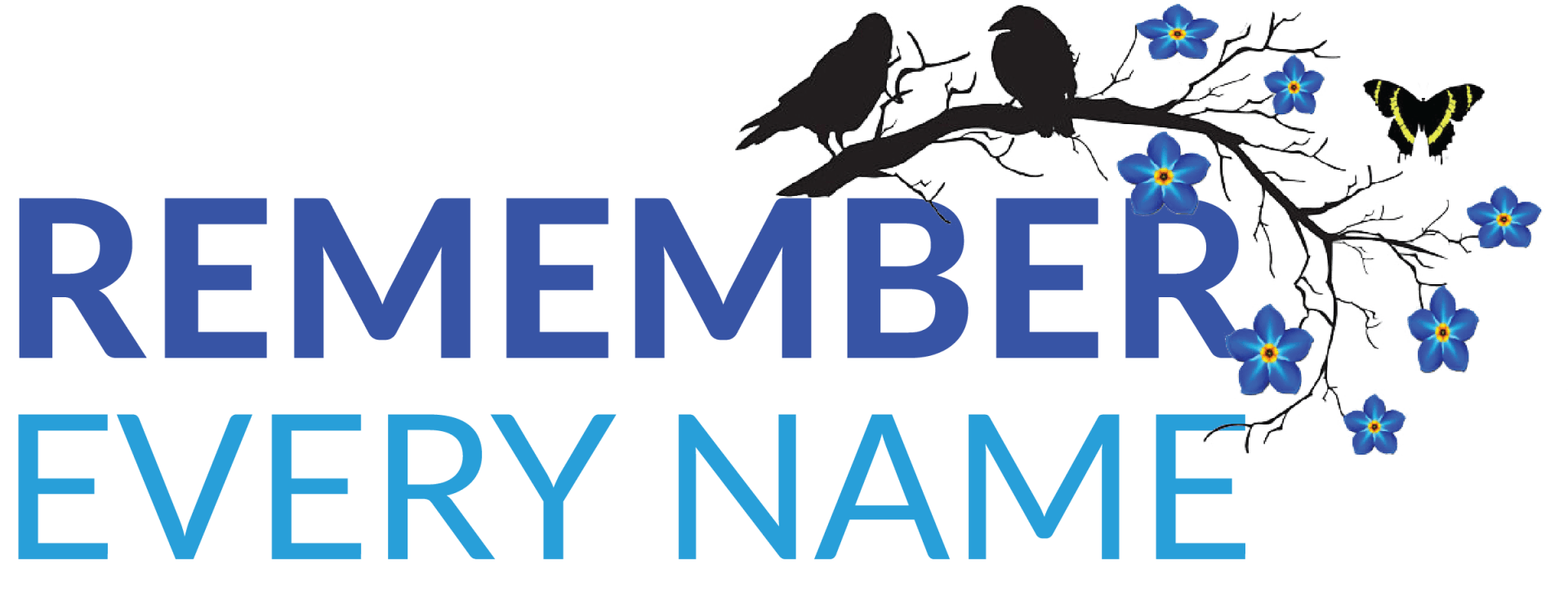They "didn't expect to be treated any better": Advocate reacts to another delay for Huronia abuse survivors

The survivors of abuse at Ontario's Huronia centre for developmentally challenged children are facing yet another delay in their fight for compensation. A judge has agreed to a delay in the compensation process because the provincial government has been slow to provide survivors with the necessary paperwork.
Marilyn Dolmage, a former Huronia social worker, and the litigation guardian for one of the women who drove the compensation claim, tells us what this means for thousands of claimants.
"It's another frustration after years of frustration trying to have some justice" says Ms. Dolmage. "It's very problematic for some who are elderly and not well. We had been encouraged to settle out of court to get money faster because this was a vulnerable group of people."
Huronia closed in 2009 amid reports of a decades-long history of physical, emotional and sexual abuse. Last September, with many survivors growing old and unwell, they agreed to settle their class action lawsuit against the Ontario government. The Premier apologized to the residents and promised they will receive $35 million, to be distributed through a claims process. Now an Ontario judge has agreed to delay that process because the provincial agency has failed to provide many survivors with the files kept on them while they were at Huronia.
Ms. Dolmage doesn't buy the government's argument claim that it has extra staff working around the clock to fulfill its responsibilities. "I think that when they closed up these institutions they packed up these files in a very shoddy way, and they've done everything else in a very uncaring, neglectful way that is now causing further harm."
The survivors want the files because "they want to know whether the file says anything about abuse." For many though, the files may also contain the only photograph of their childhood. "It's really their own life story they want to hear," says Ms. Dolmage.
Now she accompanies survivors who return to visit the empty institution. "We found scratches from little childrens' hands inside the door where they were locked into a little tiny cupboard."
Ms. Dolmage's own connection to Huronia began during her childhood. She had a brother that she never knew who died at Huronia. She saw him for the first time at his funeral.
From CBC Radio
